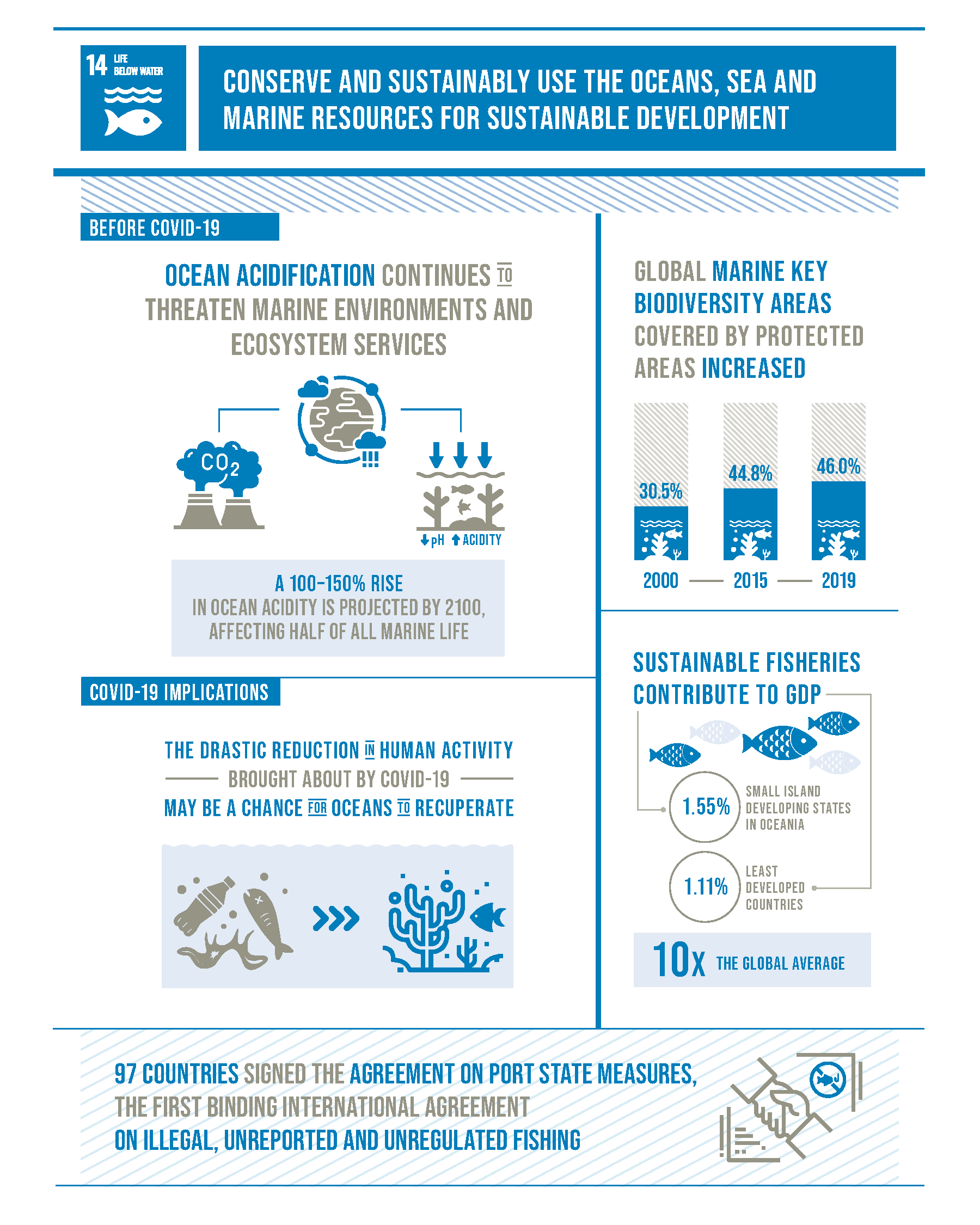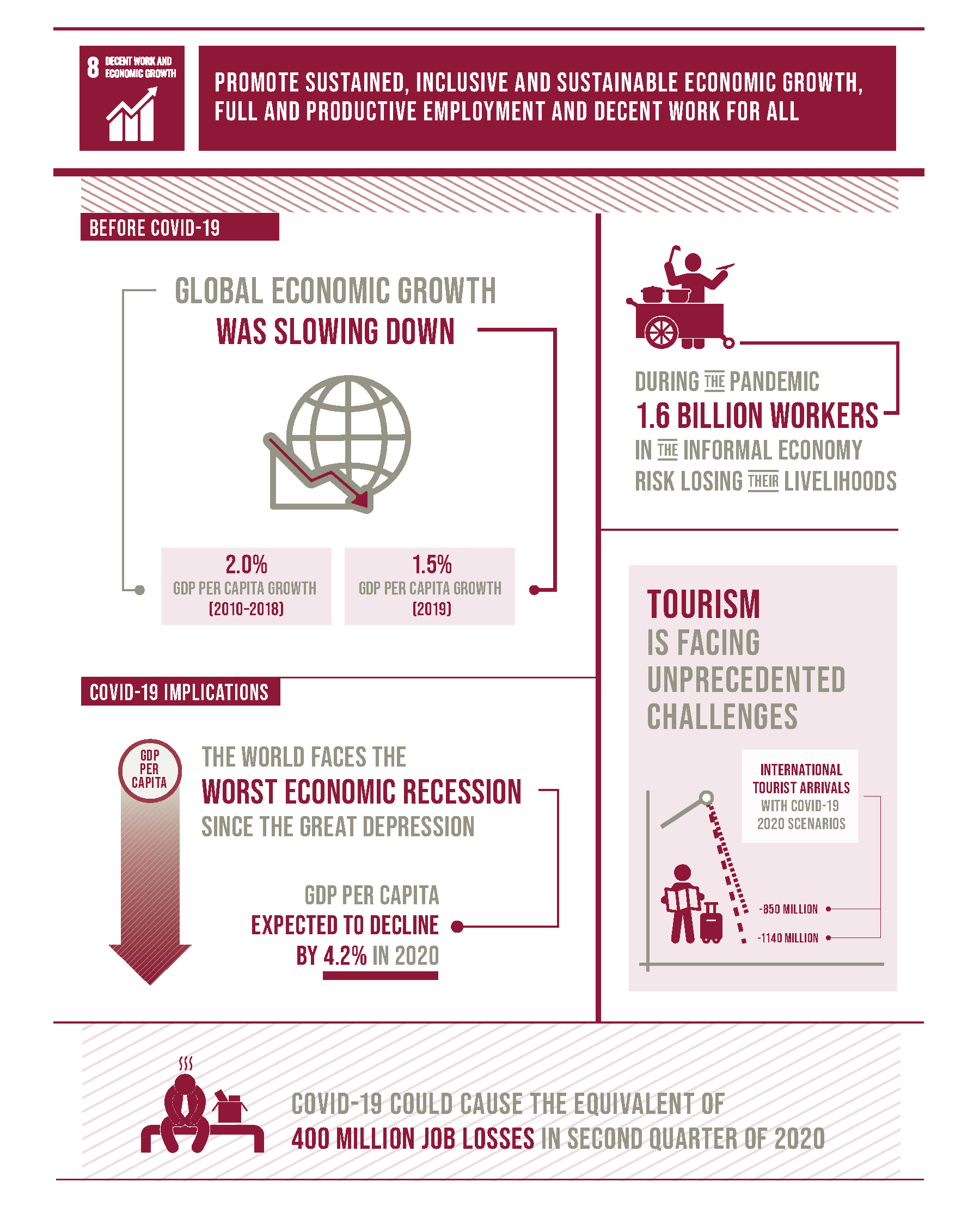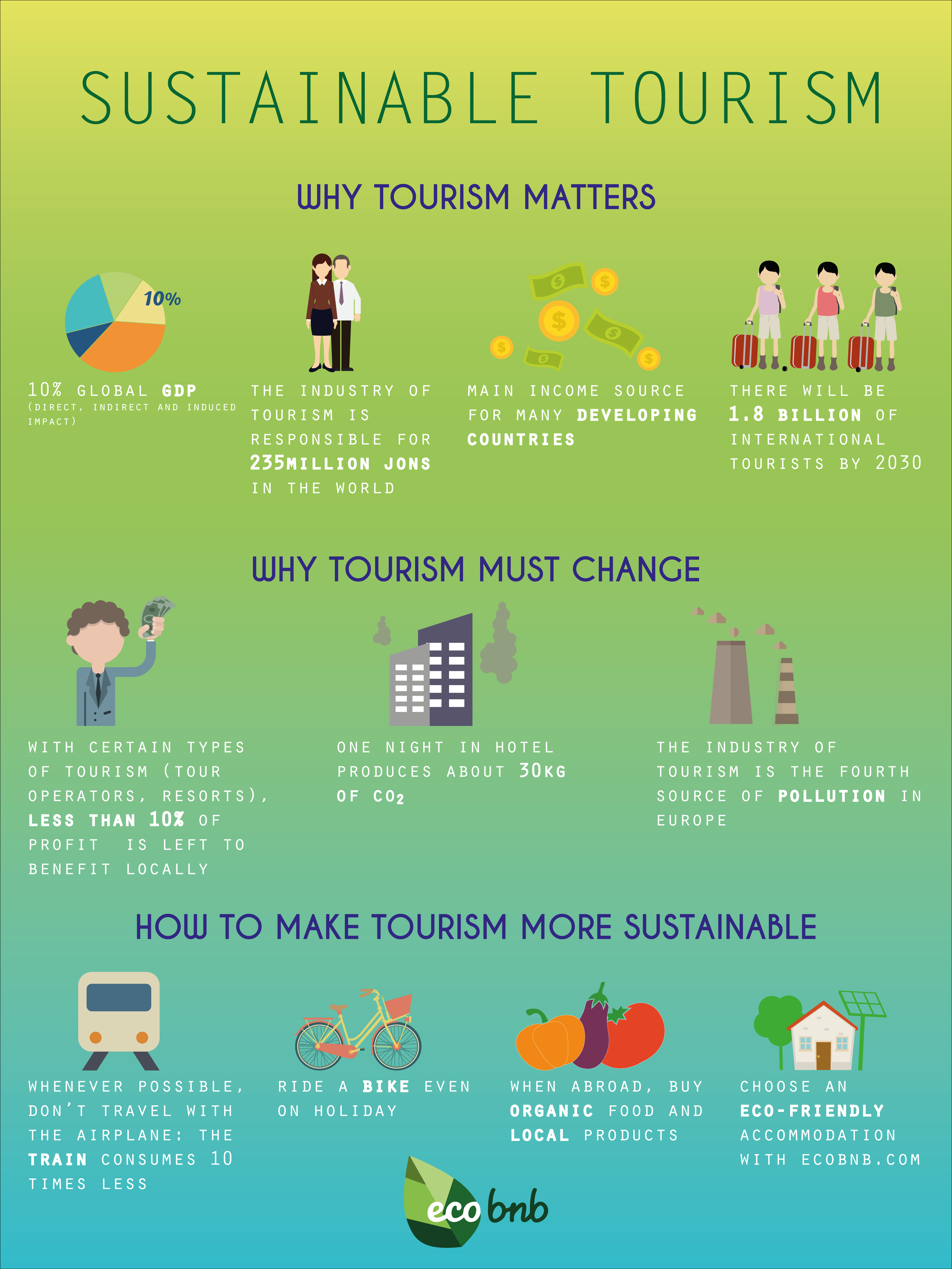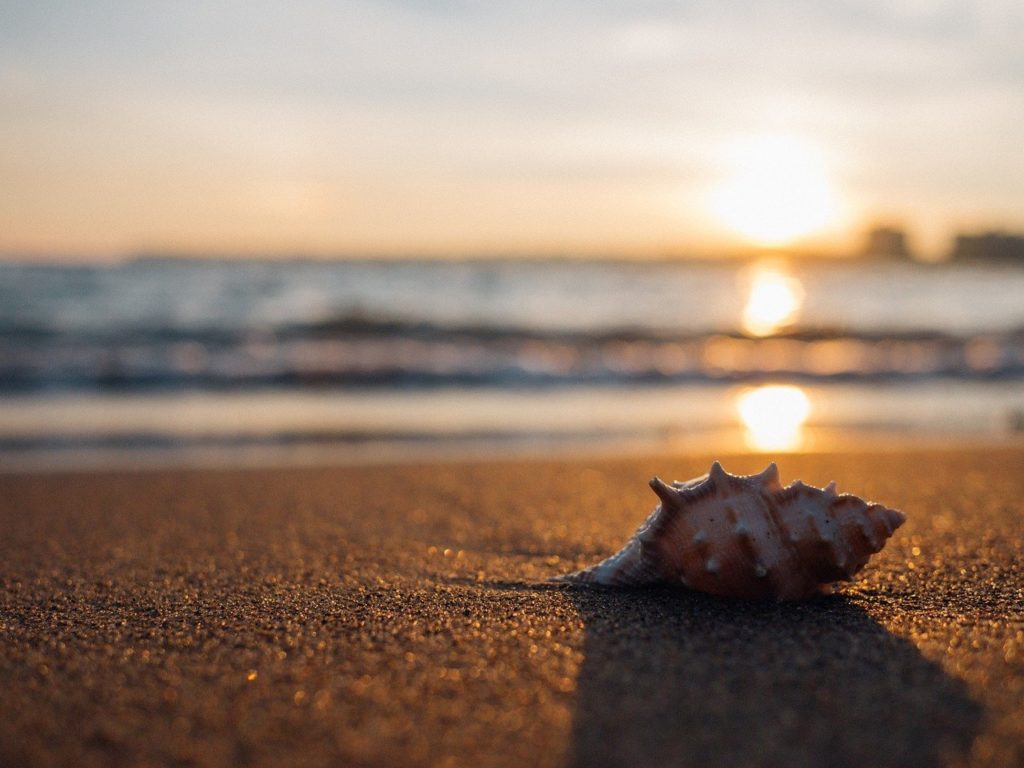With the summer season inching closer and closer, we must keep in mind how we treat our environment as we utilize the land for our own personal enjoyment. I will first discuss some general reminders regarding engaging in a variety of summer-themed activities such as hiking, camping, or going on picnics. I will then briefly discuss the concept of ‘sustainable tourism’ for this summer season.
I will also provide a brief list here and there of eco-friendly-themed summer activities to partake in.
As always, I’ll be posting a reminder below on how Islam pertains to this particular subject matter:
“And do no mischief on the earth after it has been set in order: that will be best for you, if ye have Faith” (Surat Al A’raf, ‘the Heights’, verse 85)
Let’s get started!
Sustainable development goal 14: Conserve and sustainably use the oceans, seas, and marine resources for sustainable development

In the summer, there are many variations of water-themed activities that you can partake in to cool off and relax under the scorching sun (in most countries!).
Water Sport Activities
Ocean and marine resources are being continuously degraded by human activities, which impacts their ability to best support species by providing ecosystem services.
Physical alterations and destruction of both marine and coastal habitats are easily linked to human activity which negatively affects humans worldwide. For example, when going on vacation to regions consisting of tropical climates or resorts, it’s very easy to accidentally harm the environment. When engaging in water sports that require a boat or any sort of vehicle that runs on an engine, you should keep in mind your carbon footprint. Unless the engine runs on completely sustainable fuels, it is harming the local environment.
Here are some alternative activities to engage in instead of sports such as boating, jet skiing, and water skiing.
- Swimming, snorkeling, and diving
This is an excellent classic option to get some exercise while enjoying the water.
- Kayaking, canoeing, and paddleboarding
This is a great option to explore the area that you are currently visiting and is also a good way to exercise your upper body as well.
**A reminder to be mindful of the ecosystems that you’re entering. Don’t disturb the local species and ecosystems that inhabit the waters by being gentle while you paddle. Also, don’t use your paddle to pick at the local wildlife either (such as algae or coral). Remember to bring all your trash with you back to shore while getting rid of it properly.
- Sailing
Another eco-friendly option if you really desire to get on some kind of boat is to choose one that runs on either wind power or by using oars.
Fishing
A big one is fishing and with how easy it is to harm our lakes, rivers, and oceans, it is important to learn sustainable fishing before diving headfirst into this activity. According to the Marine Stewardship Council, sustainable fishing can be defined and assessed according to three main principles [3].
- Sustainable fish stocks
Fishing must be able to continue indefinitely while at the same time, the fish population remains productive and healthy.
- Minimizing environmental impact
The fishing activity must be done carefully so that other aquatic ecosystems and species remain productive and healthy.
- Effective fisheries management
Fisheries must comply with local relevant laws while maintaining the ability to adapt to rapidly changing environmental conditions that can occur.
Out of all three main principles, the second point is one in which we remain largely responsible for at an individual level. We must make sure we remain responsible for our own choices when engaging in such activities.
- The most obvious way to incorporate sustainability into fishing is to simply release the fish back into the water after it has been caught.
- An additional way to be sustainable in fishing is to change the way fish are caught.
- A rod-and-reel, which is a modern version of the traditional hook-and-line, results in less catch because non-targeted species are able to be released immediately [3].
- Only one fish is caught at a time, preventing overfishing easily. In addition, there are many different types of rods and reels with many different forms of bait, meaning the rod-and-reel is extremely flexible in garnering a variety of fish and aquatic species [3].
Though overfishing remains largely a commercial issue, we can still make sure we are still making sustainable choices at such an individual level.
Sustainable development goal 8: Promote sustained, inclusive, and sustainable economic growth, full and productive employment, and decent work for all

Sustainable tourism under the 8th development goal is an important concept to consider as tourism is one of the fastest-growing industries in the world [2]. The rapid growth of the tourist industry indicates that the impacts tourism will have on the environment and society will continue to increase.
Coastal and ocean-related tourism are vital areas of economic growth in developing areas, which is a fact highlighted by Sustainable Development SDG target 8.9 [2]:
“by 2030, devise and implement policies to promote sustainable tourism that creates jobs and promotes local culture and products”.
SDG target 12.b also goes over this [2]:
“develop and implement tools to monitor sustainable development impacts for sustainable tourism that creates jobs and promotes local culture and products”.

As summer break starts to roll into continental zones, more individuals and families will be seeking out potential destinations for their future vacations. This additionally goes for families living in areas such as equatorial countries where one season is experienced all year long.
- When going on vacation to tropical or subtropical areas, I encourage you to attempt to engage in cultural and eco-tourism by interacting with local communities and the indigenous people in areas with high potential for eco-tourism.
- Try to make use of environmental resources that represent a central element in the region’s tourism development. This allows for the maintenance of key ecosystem services that aid in conserving the original heritage and biodiversity of the area.
- Educate yourself on relevant stakeholders in the region of the world that you are planning on visiting, as sustainable tourism is achieved through a continuous effort by both the tourist and the tourist industry.
Negative forms of tourism can result from many different areas such as sewage, aesthetic pollution, deforestation, and construction activities. These negative consequences all arise from the tourist industry attempting to cater to the tourist gaze.
In our next article, I will go further in-depth on this topic but for now, I want you to really look at the impacts of your personal choices regarding vacationing.
Sustainable Summer-themed activities

Here is a small list of eco-friendly activities you can engage in this summer, you will find some already previously mentioned.
Conclusion
Whether you already live in an area that experiences weather permitting for vacationing year-round or you’re now experiencing warm weather, it is important to keep in mind the environmental consequences of your choices regarding the environment. It’s also important to think about the chain of consequences that your future vacation could have on the local community and region.
If you have any ideas you would like to share for eco-friendly themed activities for the summer please below!
Resources
- “Goal 8 | Department of Economic and Social Affairs.” United Nations, United Nations, sdgs.un.org/goals/goal8.
- “Sustainable Tourism | Department of Economic and Social Affairs.” United Nations, United Nations, sdgs.un.org/topics/sustainable-tourism.
- “What Is Sustainable Fishing: Marine Stewardship Council.” What Is Sustainable Fishing | Marine Stewardship Council, www.msc.org/what-we-are-doing/our-approach/what-is-sustainable-fishing.
- “WORLD TOURISM ORGANIZATION.” UNWTO, www.unwto.org/sustainable-development.

